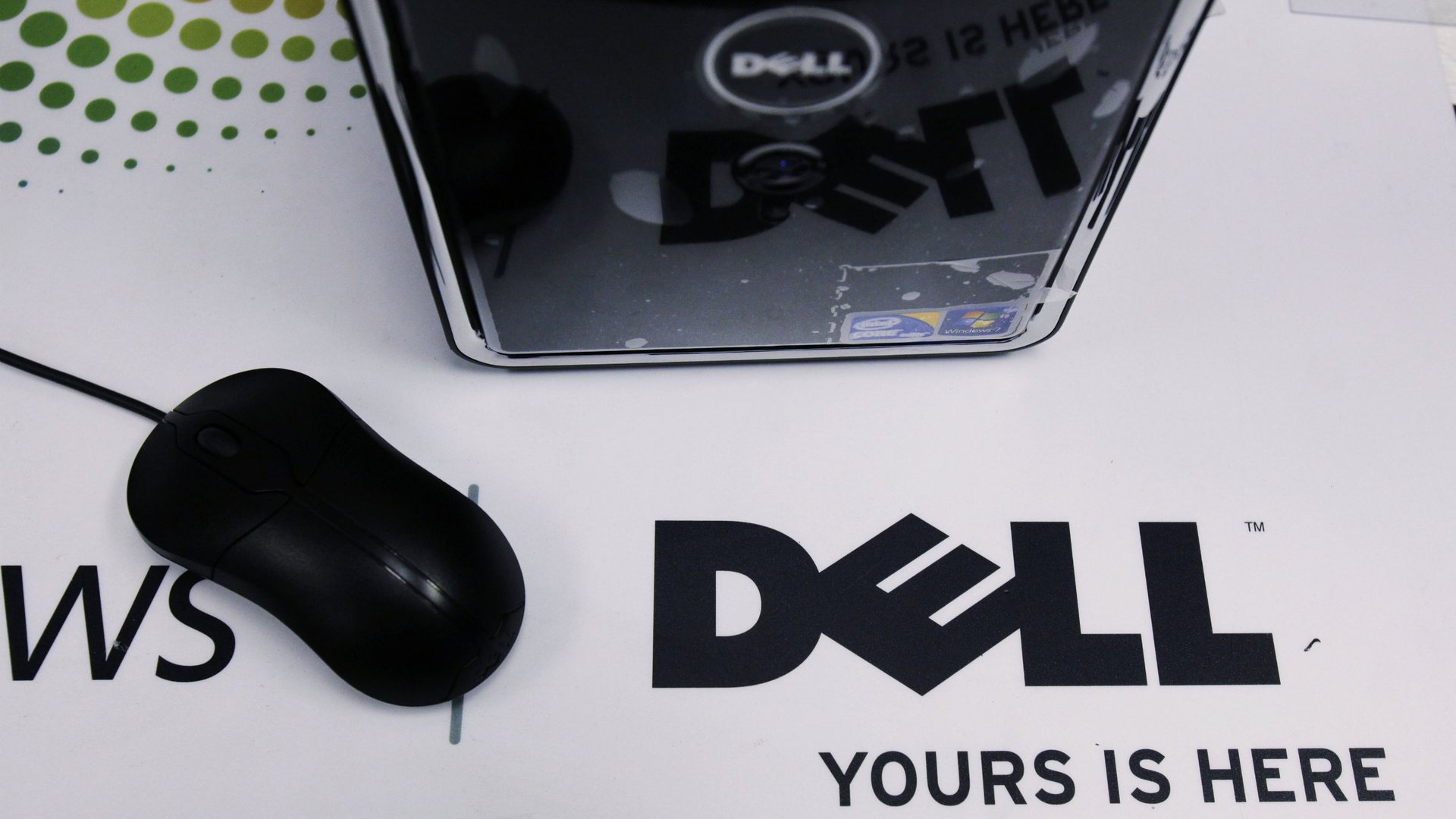Dell could save $775 million in taxes thanks to its leveraged buyout
With more detail emerging on the deal that will take Dell private, we can be more specific about the case that the deal is driven by the opportunity to avoid tax payments.


With more detail emerging on the deal that will take Dell private, we can be more specific about the case that the deal is driven by the opportunity to avoid tax payments.
Shareholders are already getting more value from the deal, since they won’t have to worry about the tax cost of bringing the company’s $18-billion cash hoard back from overseas to pay dividends. But the company’s new owners will stand to benefit, too. They have told the US regulators that they will bring some $7.4 billion in cash from their foreign subsidiaries. If the company pays the statutory 35% corporate tax on that money, it will cost around $2.6 billion.
However, the company is also issuing some $15.5 billion in debt to finance the deal. The terms of that issuance are as yet unknown, but Dell’s current bond portfolio offers coupon rates ranging from 1.4% to 7.1%, depending on maturity and other factors. So let’s say 5% is a good rule of thumb for the company’s yearly interest rate payments. That means the company will be paying its lenders some $775 million each year so that Michael Dell, Silver Lake private equity and Microsoft can have the privilege of owning Dell.
But that $775 million is tax-deductible, which reduces the tax costs of repatriating that money by nearly one-third. That’s a lot of extra money to put toward improving Dell’s bottom-line.